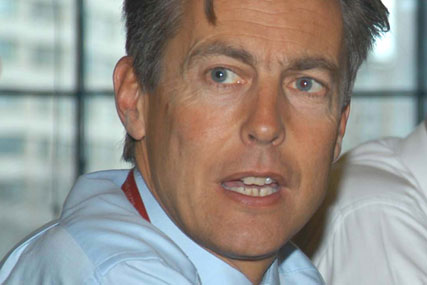
The announcement follows a consultation launched in November by the Department for Culture, Media and Sport (DCMS), which received about 1,480 responses.
DCMS secretary Ben Bradshaw said: "As a result of this consultation, the government has concluded that we will be able to allow television product placement in a way that will provide meaningful commercial benefits to commercial television companies and programme makers, while taking account of the legitimate concerns that have been expressed."
Bradshaw's statement today (9 February) confirms that alcohol, food which is high in fat, salt or sugar, gambling, smoking accessories, over-the-counter medicines and infant formula and follow-on formula, will not be allowed to run product placement campaigns.
It also reveals that the government will follow the relevant EU directive, which requires that audiences are alerted to the presence of product placement in a programme by "signalling" this at its beginning, at the end, and after advertising breaks.
The genres of "cinematographic works, films and series made for television or on-demand services, sports programmes, and light entertainment programmes" will be allowed to use product placement.
News programmes and bulletins will be exempt, unlike in the US. The same applies to current affairs, consumer and religious programming and any content to be aired on the BBC.
The introduction of product placement will only take effect once Ofcom has run a public consultation on the policy, as it will need to amend its code for regulating the content of TV programmes. The DCMS says this should be completed later this year.
Children's food campaign co-ordinator Jackie Schneider said: ‘It is good news that the massive pressure from health, consumer and children's groups has forced Ben Bradshaw to drop plans to allow the product placement of junk food.'

